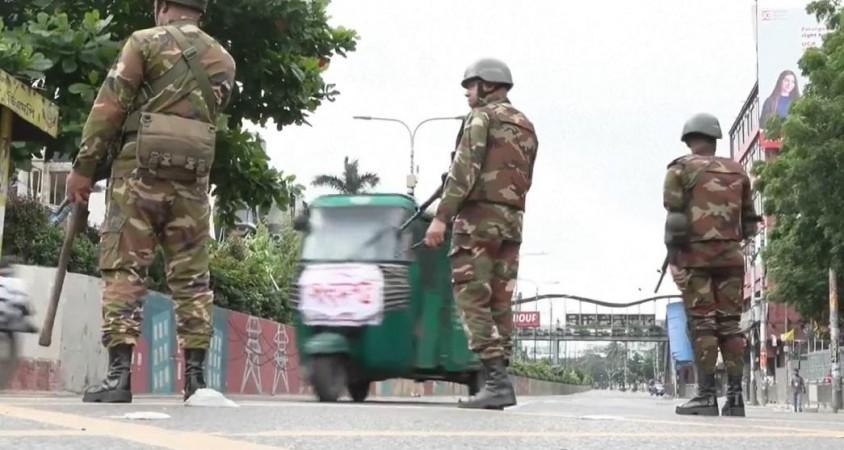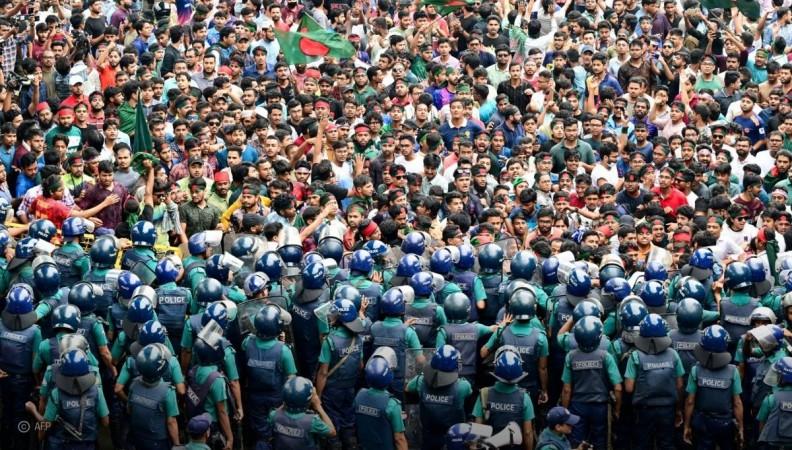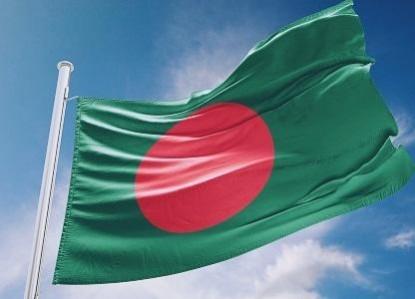
In a dramatic escalation of civil unrest, the government of Bangladesh has imposed a 'shoot-on-sight' order and a nationwide curfew in response to student-led protests against the quota system in government jobs. The protests, which have been ongoing for weeks, have resulted in the tragic loss of 133 lives, marking a grim milestone in the country's struggle for social justice.
The epicenter of the protests is the capital city, Dhaka, but the unrest has spread across the nation, fueled by deep-seated frustration among students and the general public. The bone of contention is a quota system that reserves up to 30% of government jobs for relatives of veterans who fought in Bangladesh's War of Independence in 1971 against Pakistan. The protesters argue that this system is unfair and hinders merit-based appointments.
The situation took a deadly turn last month when clashes between students, government supporters, and security forces began. The tension escalated further when six people were killed, prompting the government to order all universities to close.

Government's Response and Opposition's Role
In response to the escalating violence, the government imposed a curfew and a 'shoot-on-sight' order, effectively giving security forces the authority to fire on mobs in extreme cases. The quota system has been a contentious issue in Bangladesh for years. In 2018, the government suspended job quotas due to mass student protests. However, in June, Bangladesh's High Court overturned that decision and reinstated the quotas, sparking the current wave of protests.
In an address to the nation, Bangladesh Prime Minister Sheikh Hasina asserted that there is an opportunity to resolve the issue through a legal process. The government has already appealed to the apex court against the court's verdict, and a hearing date has been fixed in the Appellate Division. However, her call for patience has done little to quell the unrest.
The opposition, particularly the Bangladesh Nationalist Party (BNP), has backed the student protests, seeing it as an opportunity to challenge the ruling government. They have vowed to organize their own demonstrations, and while they deny involvement in the violence, tensions between the ruling party and opposition have fueled the unrest.

International Concern and Current State of Bangladesh
The international community, including the United States and the United Nations, has expressed concern over the violence in Bangladesh and called for restraint from all sides. The UN human rights chief has condemned the attacks on protesters and urged for investigations and accountability.
Amidst the protests, Bangladesh has experienced a communication blackout with mobile data and text message services suspended. This has isolated the country from the global internet and hindered internal communication. Daily life has been severely disrupted with curfews in place, universities closed, and public holidays declared to limit gatherings. The army has been deployed to maintain order, and while some essential services are allowed to operate during limited hours, the overall atmosphere is tense and marked by disruptions to normalcy.
The situation in Bangladesh bears a striking resemblance to the 1989 Tiananmen Square protests in China, where students led a pro-democracy movement against the Chinese government. The government's response was a violent crackdown, resulting in a large number of deaths and a global outcry. The current situation in Bangladesh, while not a pro-democracy movement, shares similarities in terms of student-led protests, government crackdown, and the resulting international concern.
In conclusion, the situation in Bangladesh remains volatile, with the government and protesters locked in a standoff over the contentious quota system. The government's 'shoot-on-sight' order and curfew have only added fuel to the fire, leading to a tragic loss of lives and escalating tensions. As the world watches, the hope is for a peaceful resolution that addresses the grievances of the protesters while ensuring the safety and well-being of all citizens. The international community's call for restraint and accountability underscores the urgency of the situation and the need for a fair and just resolution.

















